CLINICAL APPLICATIONS
- Enhances Immune System Function
- Maintains a Healthy Gut-Immune Barrier
- Maintains Normal Inflammatory Balance
- Supports Digestion and Micronutrient Absorption
- Maintains Gastrointestinal Health
OVERVIEW
Going beyond the threshold of traditional probiotic support, high-dose probiotics influence gut health and immunity in ways lower-dose probiotics cannot. Shown to activate over 1,700 genes involved in immune and inflammatory signaling, high-dose probiotics improve immune function, maintain a healthy gut-immune barrier, and maintain normal inflammatory balance. Each Ortho Biotic® 100 capsule provides six proven probiotic strains chosen for their ability to survive the harsh GI environment to deliver superior results. Suggested Use: 1 capsule per day or as recommended by your health care professional.
INGREDIENT BENEFITS
Lactobacillus acidophilus (La-14)
Lactobacillus acidophilus is a beneficial bacteria strain that is normally found in the intestinal tract and mouth, and is commercially used in dairy products for the production of acidophilus-type yogurt. L. acidophilus ferments various carbohydrates to produce lactic acid, which increases the absorption and bioavailability of minerals.
Lactobacillus paracasei (Lpc-37)
Lactobacillus paracasei has been shown to protect against the harmful effects of unwanted bacteria. L. paracasei colonizes the intestinal tract by reinforcing defense mechanisms that support an immune response.
Bifidobacterium bifidum (Bb-02)
Bifidobacterium bifidum has been shown to effectively compete with harmful bacteria.
Bifidobacterium lactis (BI-04)
Bifidobacterium lactis is predominantly found in the colon. A double-blind, randomized placebo-controlled trial on subjects receiving B. lactis or placebo for eight weeks found that B. lactis supported a balanced immune response in individuals hypersensitive to environmental allergens.
Lactobacillus plantarum (Lp-115)
Lactobacillus plantarum is beneficial bacteria commonly found in fermented foods including sauerkraut, pickles, brined olives and sourdough. L. plantarum has been found to compete against unwanted bacteria, due to the production of bacteriocins (lethal proteins) that inhibit bacterial growth.
Lactobacillus rhamnosus (GG)
Lactobacillus rhamnosus has been proven to have remarkable survivability in the acid and bile environments in the GI tract.
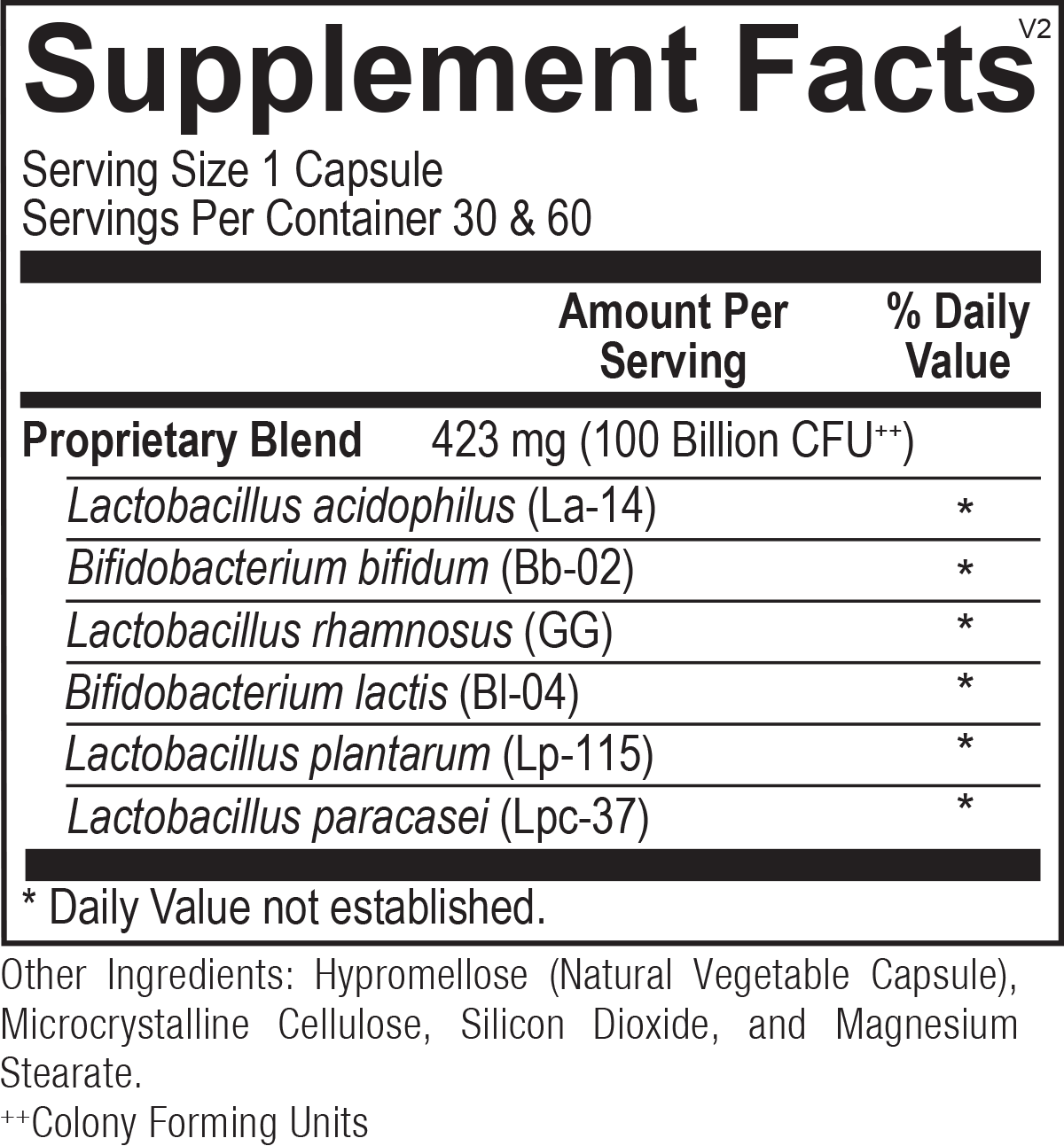

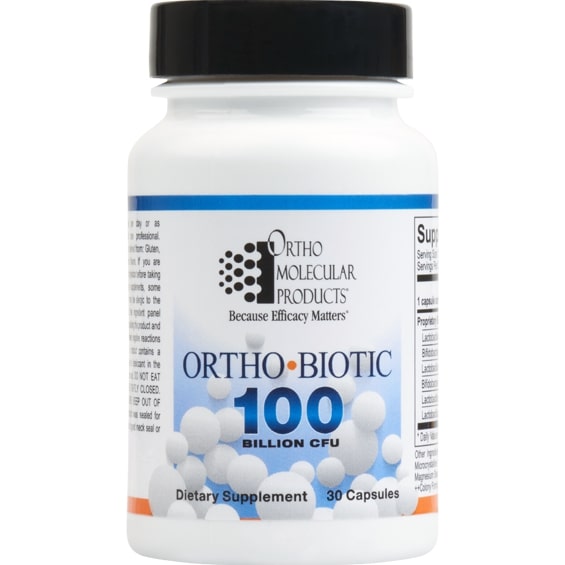
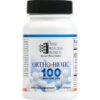
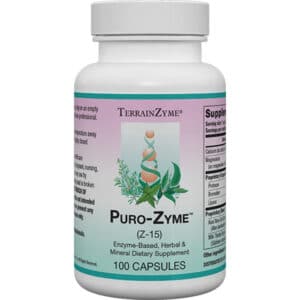
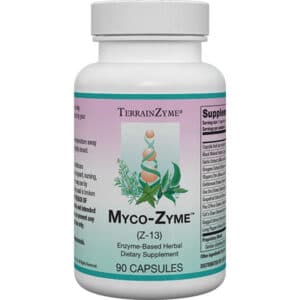
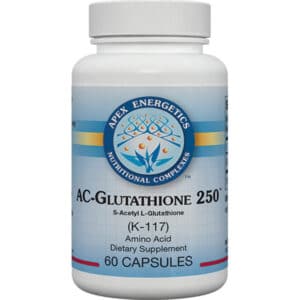
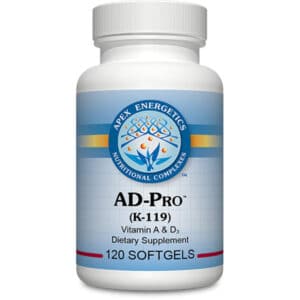
Reviews
There are no reviews yet.